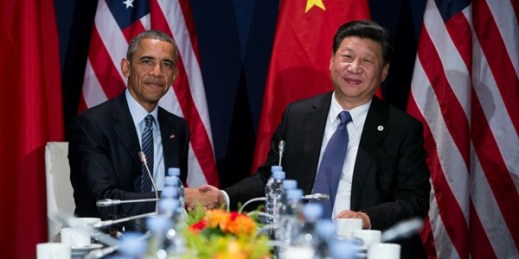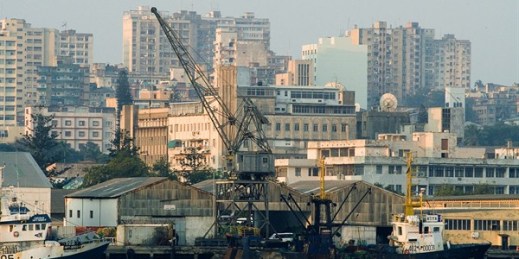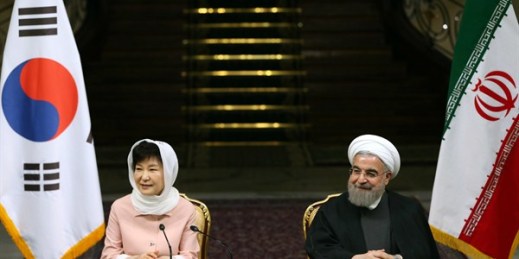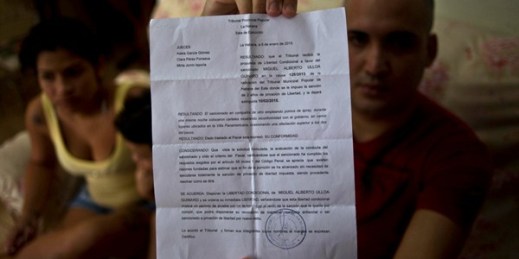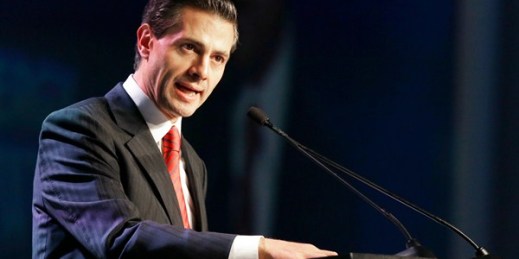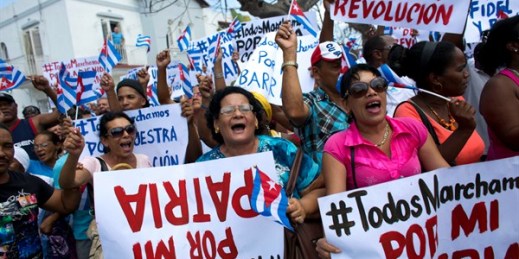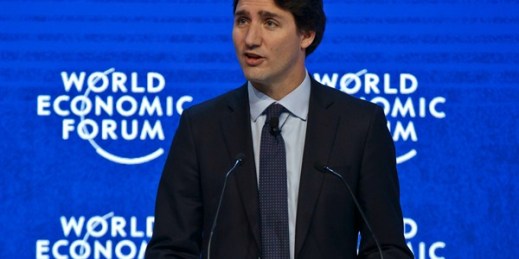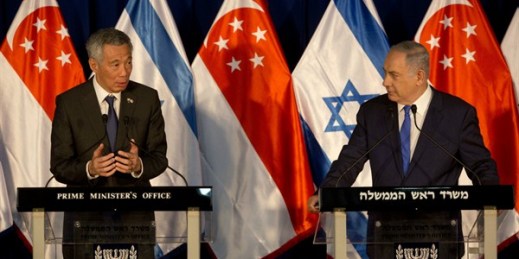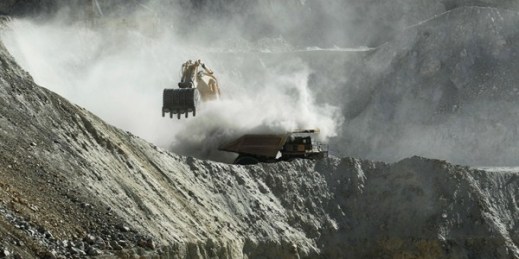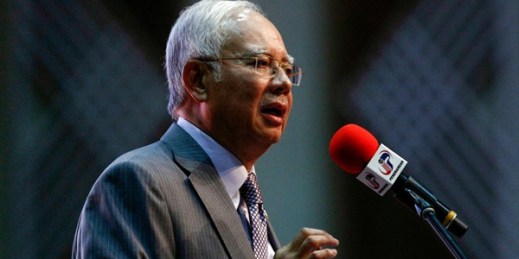
Editor’s note: This article is part of an ongoing WPR series on the Trans-Pacific Partnership and the potential impact on members’ economies. Last week, the Malaysian government announced that it had established a national committee to oversee the implementation of the Trans-Pacific Partnership (TPP). In an email interview, Shankaran Nambiar, a senior research fellow at the Malaysian Institute for Economic Research, discussed the potential impact of TPP membership on Malaysia’s economy. WPR: What are the expected economic benefits and potential downsides for Malaysia from the TPP, and who are the expected “winners” and “losers”? Shankaran Nambiar: Malaysia’s export-oriented firms will […]

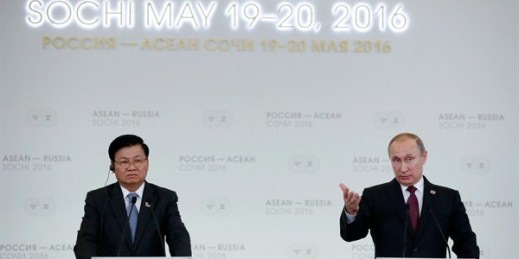
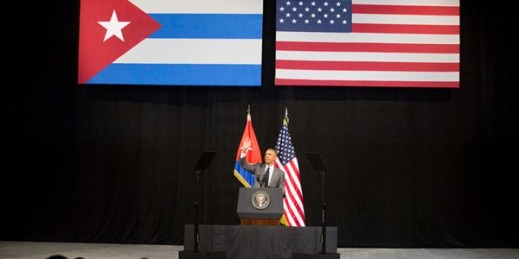
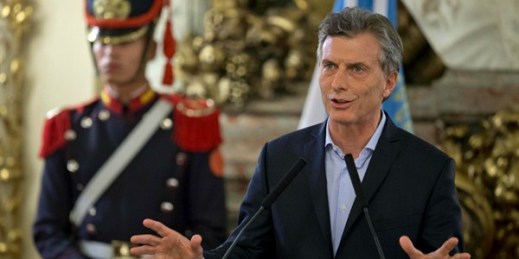
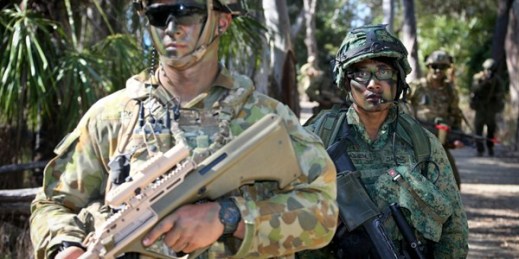
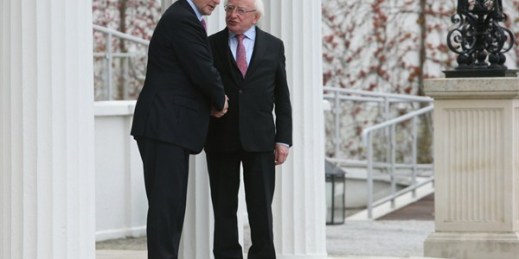
![Japan's Prime Minister Shinzo Abe, center, shakes hands with Myanmar's] President Thein Sein, left, and Thailand's Prime Minister Prayuth Chan-ocha, July 4, 2015 (AP photo by Kazuhiro Nogi).](https://www.worldpoliticsreview.com/wp-content/uploads/2016/05/l_japan_mekong_05172016_1.jpg?w=519&h=259&crop=1)
